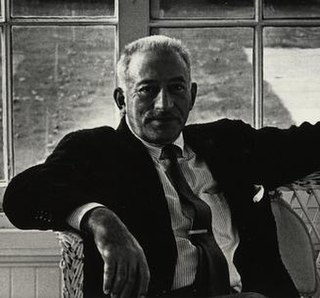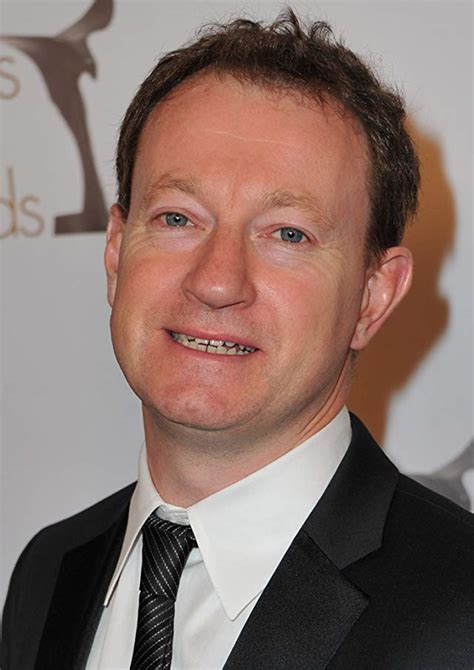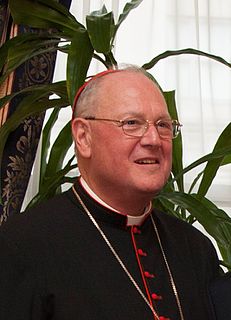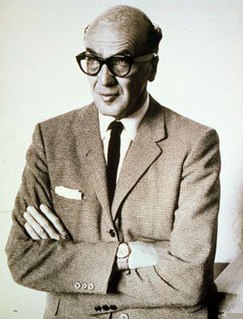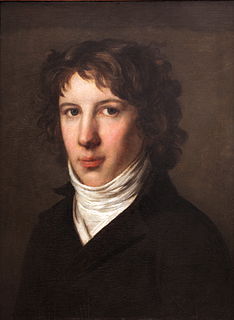A Quote by Wole Soyinka
People say human nature is a very vague expression, people tend to say human nature is corruptible anyway and it comes from a theological point of view, goes back to the Garden of Eden, that there is always this corrupt gene waiting to be activated that we inherited from the very beginning. I don't believe in that theological excuse.
Related Quotes
Idealists are people who believe in the potential of human nature for transformation. . . . The most essential attribute of human nature is its mutability and freedom from instinct . . . it is always within our power to change our nature. So it is actually the idealists who are on the mark and the realists who are off base.
Sex is an aspect of human existence that has fallen prey in special measure to a very special form of theological science: the theological outgrowth or offshoot known as moral theology. Its biblical foundations are meager in the sense that nothing of the kind exists in the New Testament, so it has had to achieve its ambition largely by dint of its own efforts.
Nature is man's inorganic body -- that is to say, nature insofar as it is not the human body. Man lives from nature -- i.e., nature is his body -- and he must maintain a continuing dialogue with it is he is not to die. To say that man's physical and mental life is linked to nature simply means that nature is linked to itself, for man is a part of nature.
From Eden is spoken from the Devil's point of view. I always loved in blues music how the Devil can be a character who walks and talks. So awful is your state that it seems to be a presence around you. I don't really spend time thinking about the nature of God but I'm interested in what people say about God, how it is used to control people and change policies in the physical realm.
I have a huge admiration for the ability of people to go, 'I don't care if it can't happen. I don't care if you say it's impossible. I am gonna do it anyway.' I think it's an amazing part of human nature. It feeds into faith and belief in human beings to not only do the improbable but almost the impossible.
We're into an age of excessive individuals, all right. We're into the age were independence, autonomy, convenience, sometimes selfishness. The new trinity of me, myself and I, seems to dominate. We know that's contrary to the very nature of the human person. The very nature of the human person needs God and needs other people.
It has always seemed to me that the social order was implicit in the very nature of things, and required nothing more from the human spirit than care in arranging the various elements; that a people could be governed without being made thralls or libertines or victims thereby; that man was born for peace and liberty, and became miserable and cruel only through the action of insidious and oppressive laws. And I believe therefore that if man be given laws which harmonize with the dictates of nature and of his heart he will cease to be unhappy and corrupt.
Some people ask, 'Why the word 'feminist'? Why not just say you are a believer in human rights, or something like that?' Because that would be dishonest. Feminism is, of course, part of human rights in general - but to choose to use the vague expression 'human rights' is to deny the specific and particular problem of gender.









